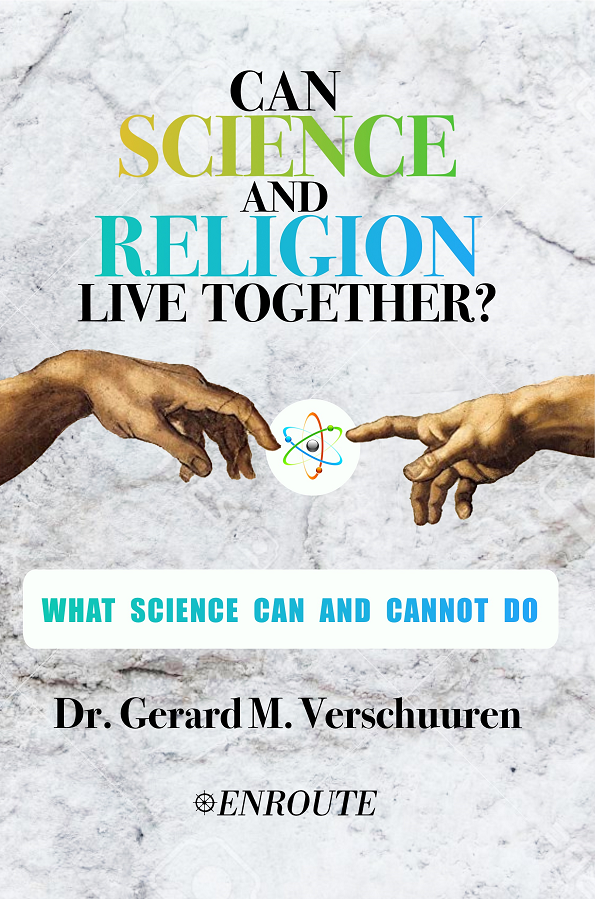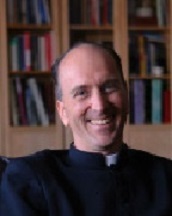|
|


|
Summary
Undoubtedly, science has one of the most impressive track records in human history. It is a success story that keeps persistently adding new achievements to the list, with no end in sight. So it shouldn't come as a surprise that science has given us reason, not only for high hopes, but also for extravagant claims.
To find out what those hopes and claims are worth, this book begins with an explanation of what science can indeed do for us and how. We could not live the way we do nowadays without science.
But this book is also about what science is NOT able to do for us - all those things that science has no access to. Isn't love more than a chemical reaction, and aren't thoughts more than brain waves? But most of all, what about religion? People who think that science has no limitations whatsoever - it's just a matter of time, in their view - should think a bit longer and a bit deeper.
What you will learn from this book is highly compelling, and yet will surprise you.
| |
|
Table of Contents

I. AN X-RAY OF SCIENCE
1. A Simplistic View
2. What's Wrong with the Simplistic View?
3. A More Realistic View
4. Ten Examples from the History of Science
II. SCIENCE, AND ONLY SCIENCE?
5. The Megalomania of Some Scientists
6. What's Wrong with Scientism?
7. Science Is Never the Final Truth
III. HOW TO GET THE FACTS?
8. What Are Facts?
9. From Concepts to Facts and Back
10. Can the Facts Change?
IV. WHERE DO FACTS COME FROM?
11. A World of Concepts
12. A World of Propositions
13. The Divine Intellect
V. NO SCIENCE WITHOUT RELIGION
14. The Assumptions of Science
15. Assumptions from Heaven
16. The Judeo-Christian Roots of Science
VI. RELIGION AND SCIENCE NEED EACH OTHER
17. The Author of Two Books
18. God and the Big Bang
19. God and Evolution
VII. CONCLUSION
VIII. INDEX
|
Endorsements

| "Gerard Verschuuren has written an accessible and enjoyable introduction on the nature of the scientific project, the origins of its successes and limitations, and its fundamentally positive relationship with religion."
Karin Oberg
Professor of Astronomy at Harvard University
Leader of the Oberg Astrochemistry Group at the Harvard-Smithsonian Center for Astrophysics
|

| "This book is an excellent introduction to the philosophy of science. As a scientist, Verschuuren has an excellent capacity to describe science's basic methods as well as its limits. The book also shows how philosophy and religion are actually useful in keeping science a grounded discipline. Religion, and philosophy, especially in the Judeo-Christian tradition, actually make science possible in ways that might surprise many scientists. Find out yourself."
Fr. Jeffrey Langan, PhD, PhD
Senior Fellow of the Principium Institute
Priest of the Prelature of Opus Dei
|
|





